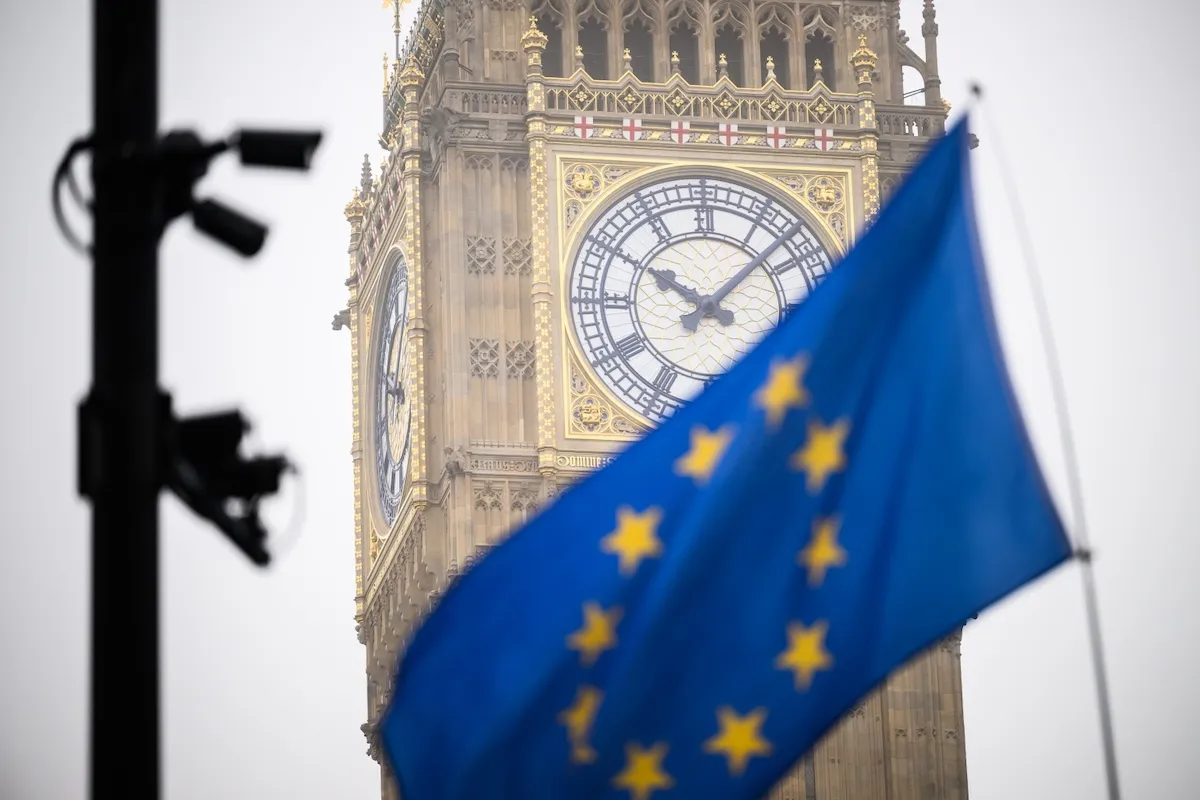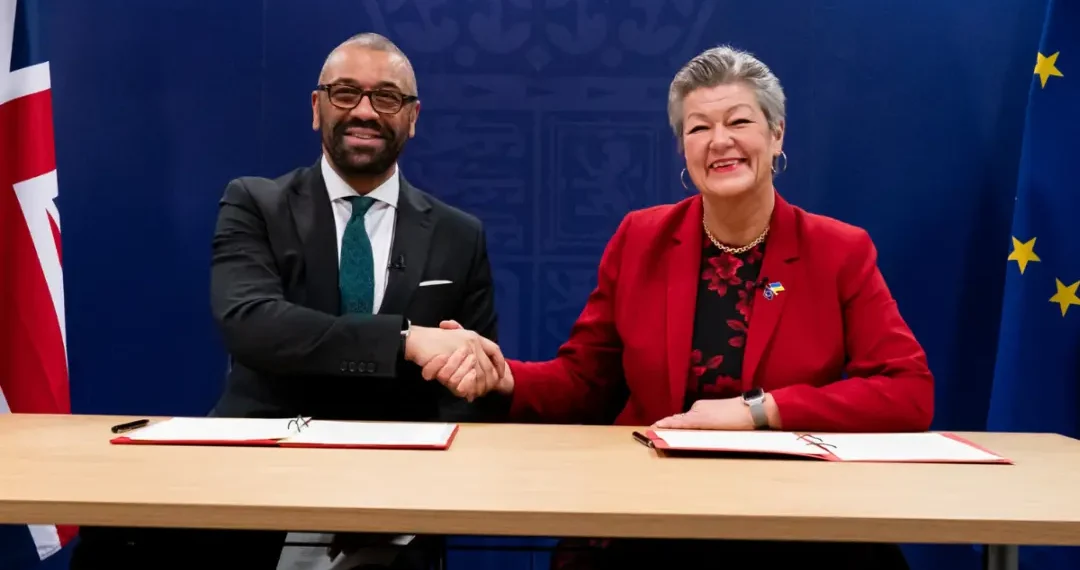Britain and the European Union have solidified an agreement to enhance collaboration in combating human trafficking, marking a significant step towards post-Brexit cooperation.
Under the deal with Frontex, the EU’s border protection agency, both entities will streamline information exchange, training initiatives, and joint endeavors to tackle illegal migration, as outlined by the British government.
Home Secretary James Cleverly emphasized the global nature of organized immigration crime, underscoring the necessity for shared strategies and aspirations.
This sentiment aligns with British Prime Minister Rishi Sunak’s emphasis on curbing the influx of asylum seekers arriving via small boats from France, a focal point in his political agenda aimed at strengthening immigration controls.
Despite prior bilateral agreements, such as the recent partnership with Albania to disrupt people-smuggling operations, Britain’s departure from the EU in 2020 nullified returns agreements with the bloc. However, the new deal with Frontex does not involve financial transactions, nor does it include returns agreements.

This pact signifies a broader effort by Sunak to foster closer ties with the EU post-Brexit. Last year, Britain committed to rejoining the EU’s Horizon science research program, ending a standoff over science funding. Additionally, agreements on Northern Ireland’s trading arrangements were reached, indicating progress in EU-UK relations.
The collaboration underscores the mutual recognition of the imperative to combat transnational crimes like human trafficking, irrespective of political differences. Highlighting shared challenges and ambitions, this partnership signals a pragmatic approach towards addressing complex issues in a post-Brexit landscape.




